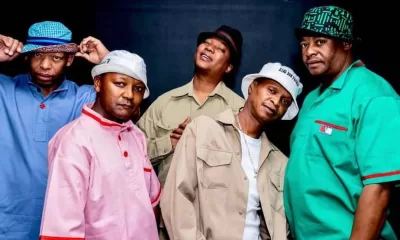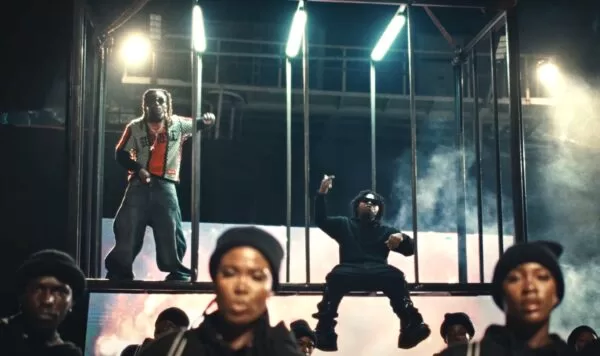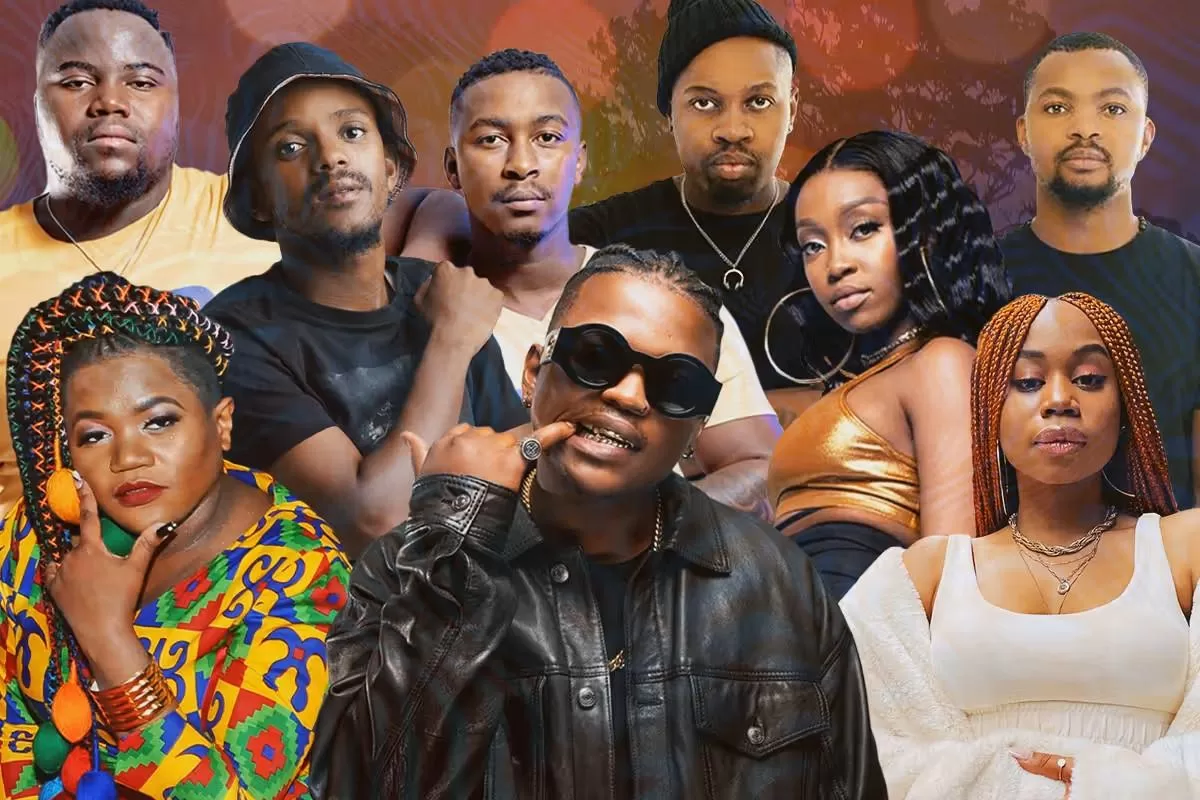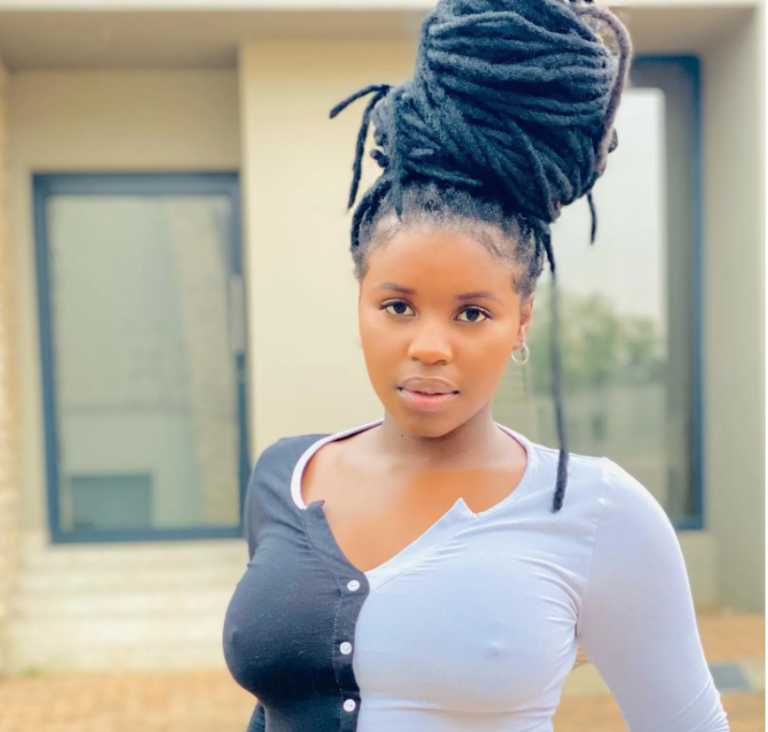Editorial
How SA Music is Shaping the Music World
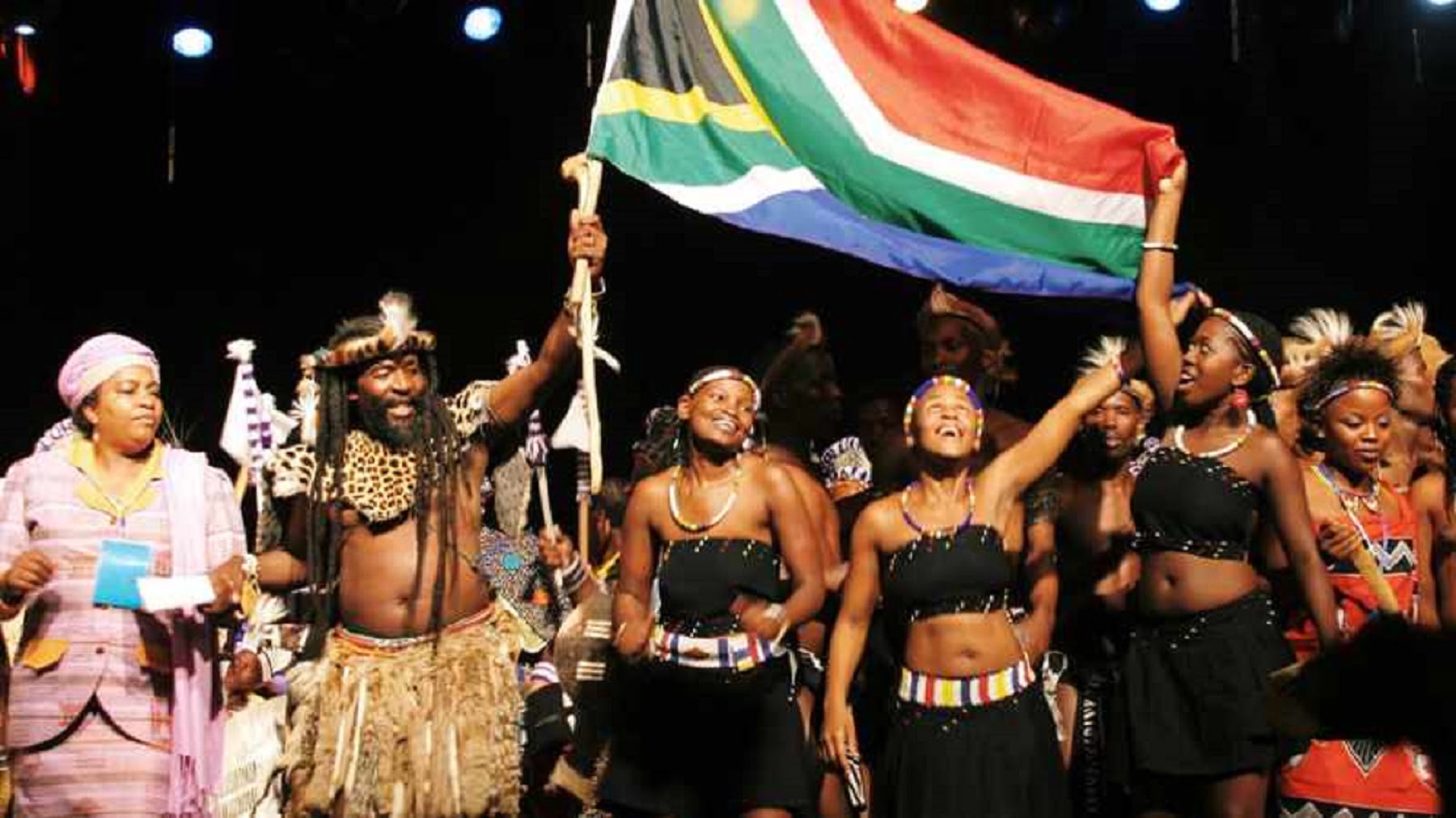
South African Music Overview
South African music is a vibrant and diverse genre that has captured the attention of music lovers around the world. The country’s rich history, cultural heritage, and social struggles have all influenced its music scene, resulting in a unique sound that reflects the country’s identity. In this article, we will take a closer look at South African music, exploring its history, styles, and influences.
History of South African Music
The history of South African music is intertwined with the country’s political and social struggles. During the apartheid era, which lasted from 1948 to 1994, music was an essential tool for protest and resistance. South African musicians used their art to express their discontent with the oppressive regime, highlight the struggles of the black majority, and advocate for social change.
One of the most significant genres of music during this period was “township music.” This style of music originated in the townships, which were areas designated for non-white residents. Township music was a fusion of traditional African rhythms and Western instrumentation and was performed in venues such as shebeens (informal drinking establishments) and street corners.
In the 1960s, South African jazz also gained popularity, with musicians such as Hugh Masekela and Miriam Makeba gaining international recognition. Their music was infused with the sounds of the townships and reflected the social issues of the time, such as poverty and racial discrimination.
Styles of South African Music
South African music is a diverse genre, encompassing a wide range of styles and influences. Traditional African music is an essential component of the country’s musical heritage, and various styles such as maskandi, mbaqanga, and kwela continue to be popular today.
Maskandi is a traditional Zulu style of music that originated in the rural areas of KwaZulu-Natal. It is characterized by the use of a guitar, concertina, and a distinctive voice style. The lyrics often reflect the daily struggles of rural life, such as poverty and unemployment.
Mbaqanga is another traditional style of music that emerged in the townships in the 1960s. It is a fusion of traditional African rhythms, jazz, and Western instrumentation. Mbaqanga is characterized by a strong bass line and a call-and-response vocal style.
Kwela is a style of music that originated in the townships in the 1950s. It is characterized by the use of pennywhistles and a catchy melody. Kwela was often performed on street corners and became an essential part of the township culture.
In addition to traditional African music, South African music has been influenced by various Western styles such as rock, hip-hop, and house music. South African musicians have incorporated these influences into their music, creating a unique fusion of sounds that reflects the country’s identity.
Influences on South African Music
South African music has been influenced by various factors, including the country’s history, cultural heritage, and social struggles. Traditional African music has played a significant role in shaping the country’s musical identity, and its rhythms and melodies continue to influence contemporary styles.
The apartheid era was also a significant influence on South African music. Musicians used their art to protest against the oppressive regime and advocate for social change. Their music became a powerful tool for resistance, and many songs from this era continue to be popular today.
South African music has also been influenced by international styles such as jazz, rock, and hip-hop. Musicians have incorporated these influences into their music, creating a unique fusion of sounds that reflects the country’s identity.
Amapiano – The New Fuzz
In 2019, the South African music scene was introduced to a new genre of music called Amapiano, the genre is thought to be most dominant in the music industry. Amapiano can be fused with trap music and kwaito music.
The Amapiano genre has filled the void that was left by the disappearance of Kwaito in the 2000s. Amapiano is appealing to the Youth and is currently producing the most chart-topping songs in South Africa. The top 200 Shazam songs in South Africa are dominated by Amapiano tracks.
Amapiano has taken the international market by storm, with some of its top artists getting bookings from West Africa, the UK and other parts of the world. The international attention has created appropriation concerns among the local Amapiano fans, as noticed with the recent song by British artist Jorja Smith.
The genre used to be called ‘number’, But MFR Souls came up with the name ‘amapiano’ and popularized it. They are the ones who started it. South African DJ Kabza De Small, released through Piano Hub on June 26, 2020. He is the self-acclaimed King of Amapiano.
DJ Stokie, aka the Superman of South Africa, was also key to the genre’s growth as he was one of the first DJs to begin playing the sound and is responsible for popularizing Amapiano in Soweto.
Although the local music scene has continued to grow exponentially since the 2000s, a lot of South Africans still consume foreign music content over local contents.
Conclusion
South African music is a vibrant and diverse genre that reflects the country’s history, cultural heritage, and social struggles. From traditional African rhythms to contemporary styles, South African music has something for everyone. The country’s music scene has produced many talented musicians, and is still one of the most promising music exporting countries in Africa.


